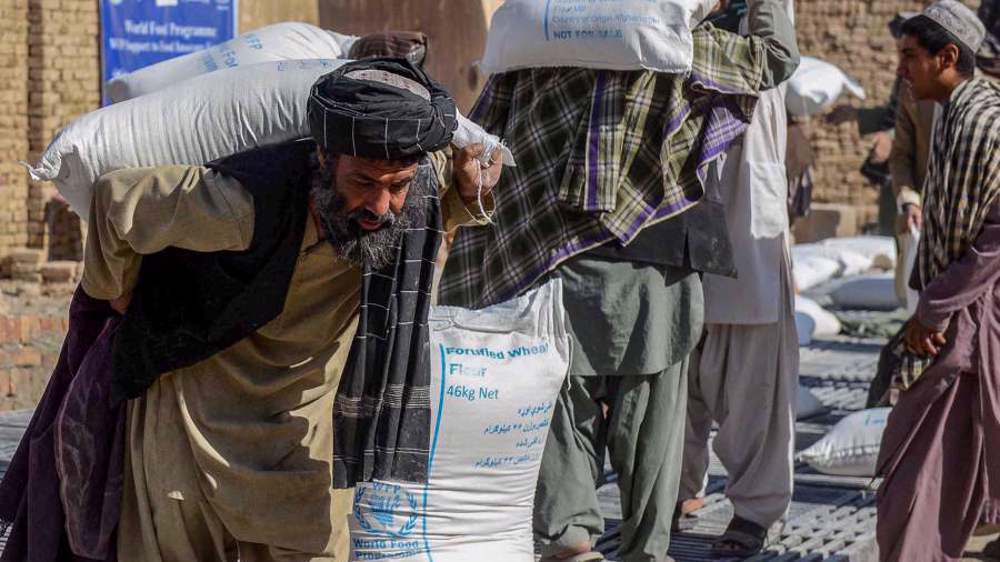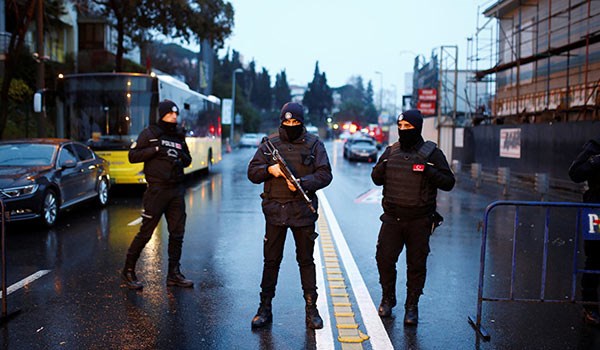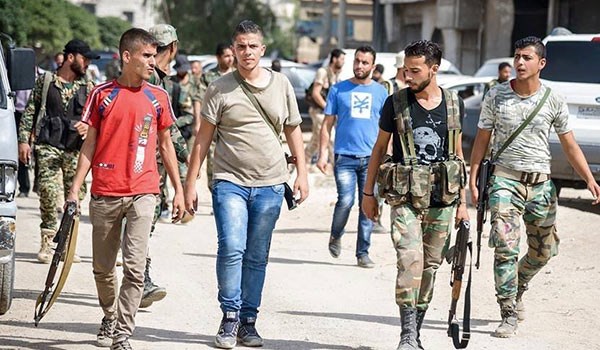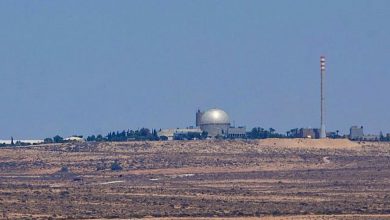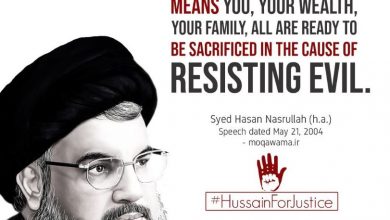US, Taliban officials meet for first time after Afghanistan takeover
Senior Taliban representatives and a delegation of US officials discussed the economic stability and drug trafficking in two-day talks in the Qatari capital of Doha two years after the Taliban swept back to power.
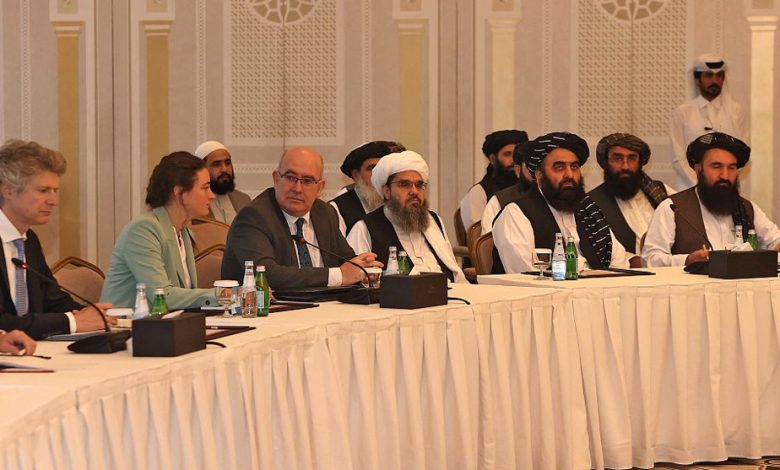
The two sides discussed confidence-building measures during the two-day talks, including the lifting of sanctions and travel bans as well as the return of Afghan central bank assets held abroad, a spokesman for the Afghan Ministry of Foreign Affairs said on Monday.
Abdul Qahar Balkhi added that issues including human rights and combating narcotics were also raised during the talks which began on Saturday.
The US State Department also said in a statement on Monday that the US side “voiced openness to continue dialogue on counternarcotics,” adding it was ready “for a technical dialogue regarding economic stabilization issues soon.”
It also sounded positive about a “significant decrease in cultivation” of poppies this growing season under a 2022 ban.
The opium poppy plant has long been used in Afghanistan for financing and income. According to the UN by 2020, Afghanistan was exporting 85% of the world’s opium. However, the Taliban has banned planting this crop ever since they took power.
This is the first time that Afghan and US officials meet after the Taliban returned to power in August 2021.
Taliban swept back to power in Afghanistan when the US-led foreign forces withdrew after a 20-year conflict.
The Taliban continues to struggle with the rapidly worsening humanitarian situation in the country amid crippling US sanctions and a shortage of funds.
Afghans say Washington has started a dangerous economic war against them.
The administration of US President Joe Biden has frozen over $7 billion in Afghan assets since its troops withdrew from the country.
The sanctions have pushed Afghanistan’s economy to the brink of collapse, as 97 percent of Afghans live in poverty. Afghan people and international bodies have been calling for the release of frozen funds that has spawned a humanitarian crisis in the landlocked country.
